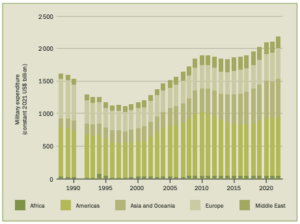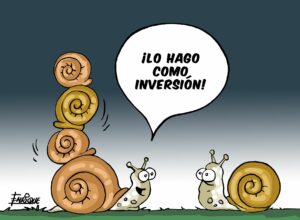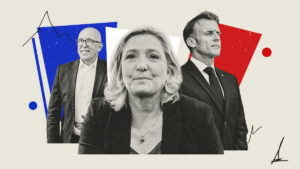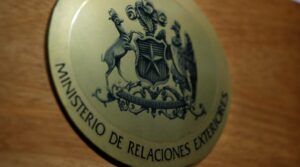The Stockholm-based International Peace Research Institute (SIPRI) published an update to the World Military Expenditure 2022 noting that global military spending increased by 3.7% in real terms in 2022, reaching a record of 2,240 billion dollars. Global spending grew by 19% during the decade 2013-22 and has increased every year since 2015 (see figure).

The Russian invasion of Ukraine was a major driver of spending growth.
in 2022. Military spending in Europe increased by 13% during the year, which was the largest annual increase in total European spending in the post-Cold War era. The exceptional growth was largely due to substantial spending increases by Russia and Ukraine, but many other European countries increased their military budgets in 2022. Spending increases in parts of Asia and Oceania also contributed to global growth in 2022.
Some of the most relevant findings are:
 The top 5. The five countries that spend the most in 2022 were the United States, China, Russia, India and Saudi Arabia, which together represented 63% of global military spending.
The top 5. The five countries that spend the most in 2022 were the United States, China, Russia, India and Saudi Arabia, which together represented 63% of global military spending.
 US in aid to Ukraine. US military spending increased by 0.7% to $877 billion in 2022. The total includes military aid to Ukraine, estimated at $19.9 billion.
US in aid to Ukraine. US military spending increased by 0.7% to $877 billion in 2022. The total includes military aid to Ukraine, estimated at $19.9 billion.
 China has been increasing spending steadily for 28 years. In 2022, China's military spending increased for the 28th consecutive year, reaching $292 billion.
China has been increasing spending steadily for 28 years. In 2022, China's military spending increased for the 28th consecutive year, reaching $292 billion.
 Russia spends 4.1% of its GDP. Russia's military spending is estimated to have grown by 9.2% in 2022, to $86.4 billion. This was equivalent to 4.1 percent of Russia's GDP.
Russia spends 4.1% of its GDP. Russia's military spending is estimated to have grown by 9.2% in 2022, to $86.4 billion. This was equivalent to 4.1 percent of Russia's GDP.
This increasing trend will continue, as is already evident with the rise of China as a superpower and its aspirations to gain more spaces of influence over the United States; In the case of Russia, the situation takes on even more revealing characteristics with the current war of invasion of Ukraine, which includes a strong participation of NATO and in particular of two phenomena, the recent incorporations of Sweden (a country that left 200 years of neutrality ) and Finland, which share borders with Russia, and on the other hand the exchanges of words with Germany and France that the Kremlin is having lately about the degree of participation of these two nations in what Putin and his supporters consider a "more meddling" from the West that will have a firm response.
Things as they are presented have been creating a climate of uncertainty that reminds us of the times of the Cold War and is only comparable, according to experts, to the tension experienced in the Cuban missile case in the 1960s.






